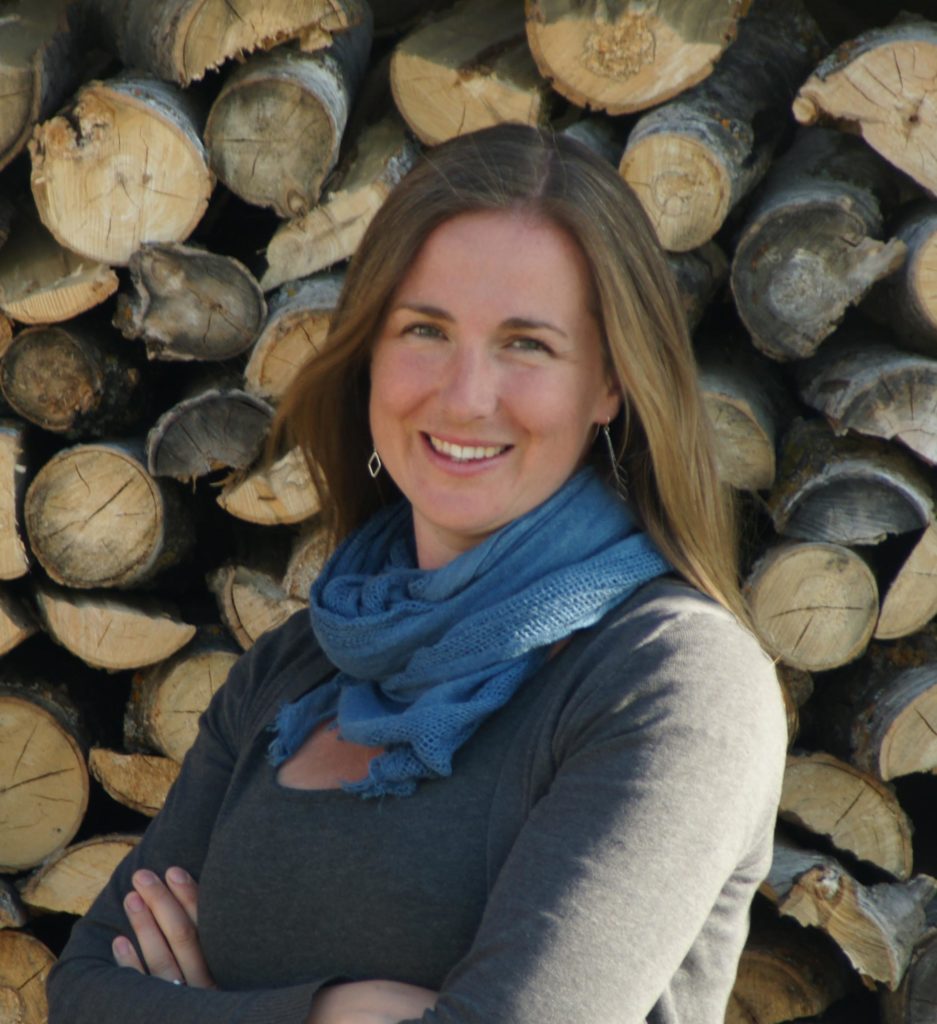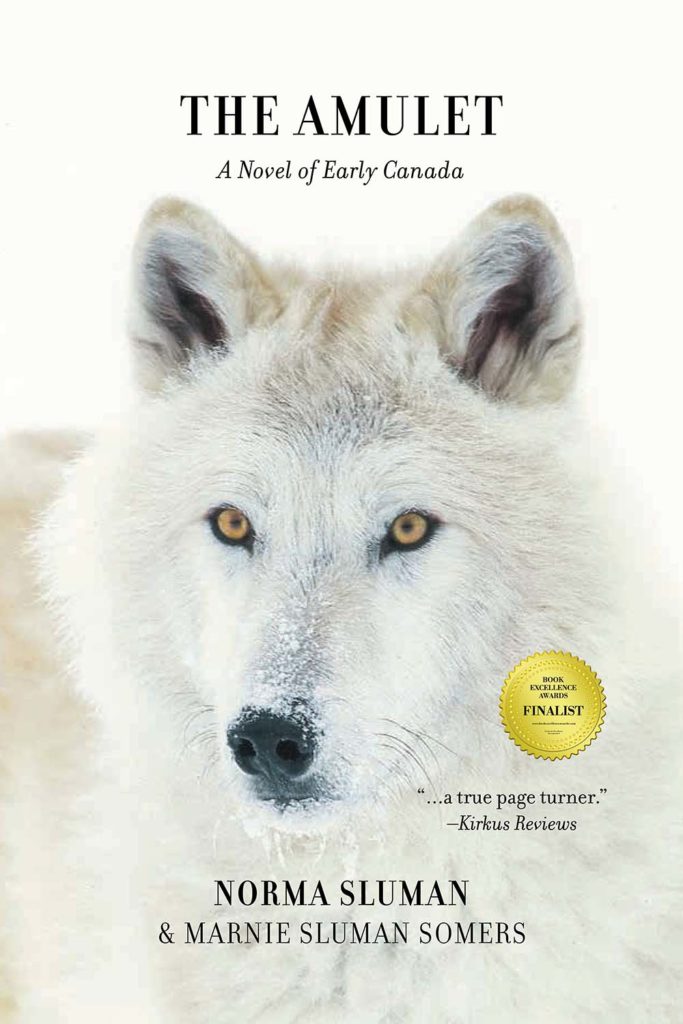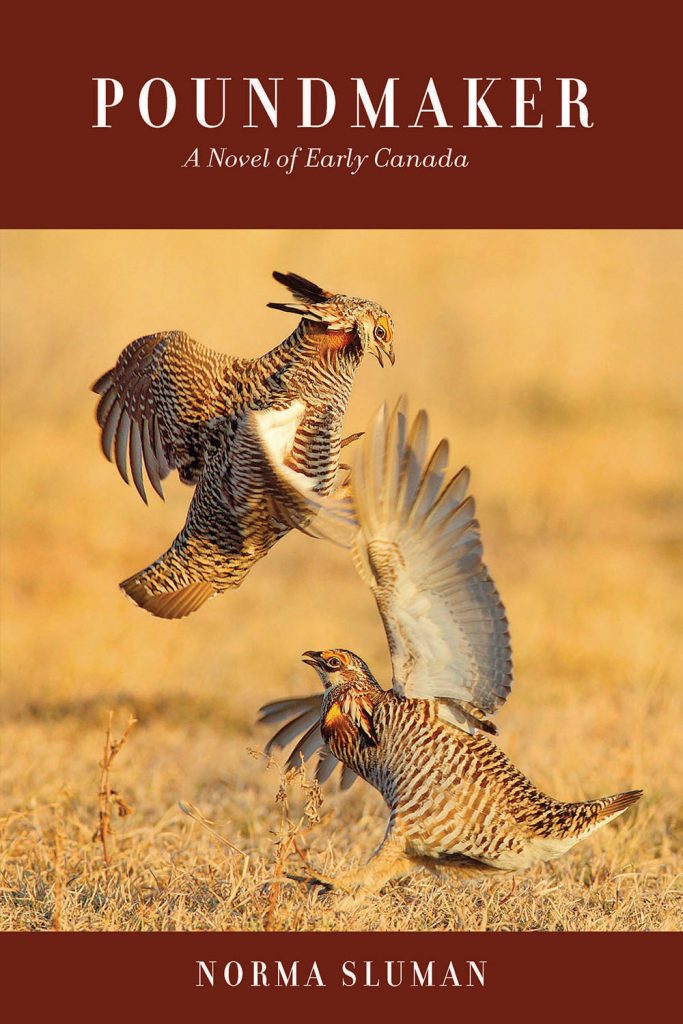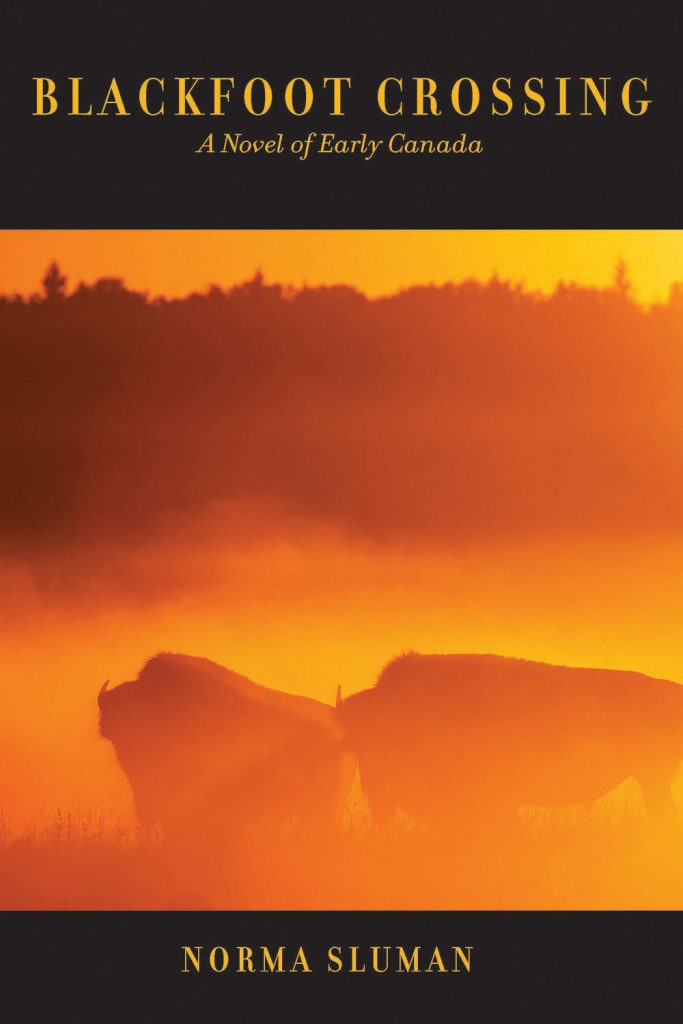It happens to all of us. Every writer who ever wrote has stared at a blank page wondering why the words won’t come, has wrestled with a story that refuses to make sense, or has days when every sentence is just awful. Sometimes the pool of ideas is empty, or we wonder what we were ever thinking when we started, or we just can’t get it right. Writer’s block is a thing we all struggle with. But you CAN get through it! That’s what writers do. We figure things out. We overcome obstacles. We get things done.
Take a step back and remember why you’re writing
It’s all in the details, except sometimes it isn’t. My writer’s block usually has me focused in on an “impossible” task—a detail that I can’t get around or an idea that I can’t force to emerge. I’ve spent lots of time on blocked days feeling like a failure for not being able to figure those things out. But here’s the thing, I didn’t become a writer to overcome that one detail. That’s just what it is, a detail. I became a writer to move people, to change their minds, to help them grow. This little plot tangle doesn’t really matter when I step back and think about what I’m actually here to do.
“I became a writer to move people, to change their minds, to help them grow.”
- Step back from the details and let them go. Details are what editing is for and there will be lots and lots of editing. Mark that spot as a place that will need some edits and move on to something else.
- Go back to your piece as a whole. Think about what you are trying to do and see if you can move the piece toward that goal in a different way. For example, if you’re working a scene, leave that and work on something that is bigger-picture like the overall structure of the story instead.
Refocus your attention on your reason for writing instead of the place where you’re stuck
I get pulled into the details a lot so I have tools and a plan in place to pull myself out. I use post it notes, cards, pretty rocks, little statuettes, things that remind me of who I am and what I’m trying to do. I intentionally place these things in places I will see them to remind me to check in with myself and ask, “Is this thing I’m focusing on in alignment with my overall purpose?”
Here’s the thing though, in order for this plan to work I need to have thought through why I’m writing and what I’m trying to accomplish. I need to have written out those post it notes, placed those cards, found those pretty rocks and given them meaning. If you’re already in the throes of writer’s block, then maybe you need to drop what you’re working on altogether and do some of this background work instead. Ask yourself:
“Perfectionism is not the same thing as striving to be your best. Perfectionism is the belief that if we live perfect, look perfect, and act perfect, we can minimize or avoid the pain of blame, judgment, and shame.”
– Brené Brown
- Why am I a writer?
- Why am I writing this piece?
- What difference am I trying to make in the world?
Write about these questions for yourself. Then make the plan and create the tools. Write the post it notes, place the cards, find the pretty rocks and assign them meaning. Create the tools that will work for you. Then the next time the writer’s block comes for you, you will have the tools to gently pull yourself out of it.
Embrace imperfection
It’s so easy to get distracted analyzing the details, tweaking and rewriting and overthinking all those little things, trying to get a piece perfect. Don’t overthink it! Overthinking kills creativity and motivation, perfectionism is the opposite of authenticity and authenticity is what makes writing truly compelling and meaningful.
Being a writer is risky. It means that we put a piece of ourselves out there for everyone to see knowing that it’s not perfect, but imperfection is what makes us human. I’m not saying don’t do the work. Do the work! Do your best. Use your most beautiful metaphors, rewrite your dialogue until it rings true, check your spelling and your grammar, get an editor and do it all six more times, but when it’s time and you’ve done your best, then let it go. Let it be imperfect and know that the risk of making a mistake is worth the reward of writing something truly meaningful.

Laurie MacNevin, HF Associate Editor
Laurie is an editor, writer, and researcher. Her deep love of stories led to an Honours degree and a Master’s degree in English Language and Literature from the University of Windsor. Originally from Southern Ontario, Laurie has lived in Manitoba for more than ten years, exploring the stories, landscape, plants, and people of some of the most remote parts of the province including three years in Churchill and two years in God’s Lake Narrows First Nation. Laurie and her family now live on an acreage outside of Carberry.
Not a member of our FREE Book of the Month Club yet? What are you waiting for?
Want a chance to win a free book written by a different Canadian author? Join our Free Book of the Month Club! Every month we review a book by a Canadian author and give it away to one of our email subscribers. Our goal is to share the work of other Canadian authors to help readers find other writers.




